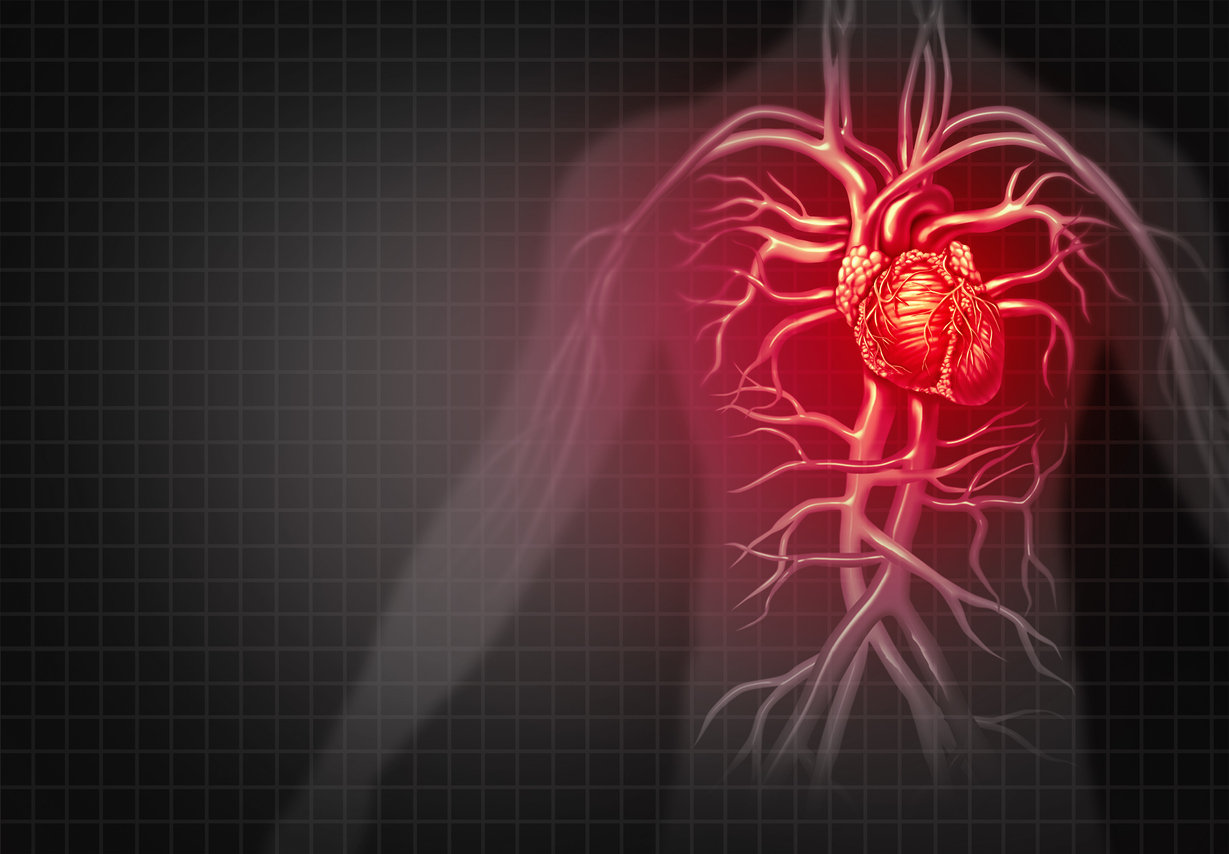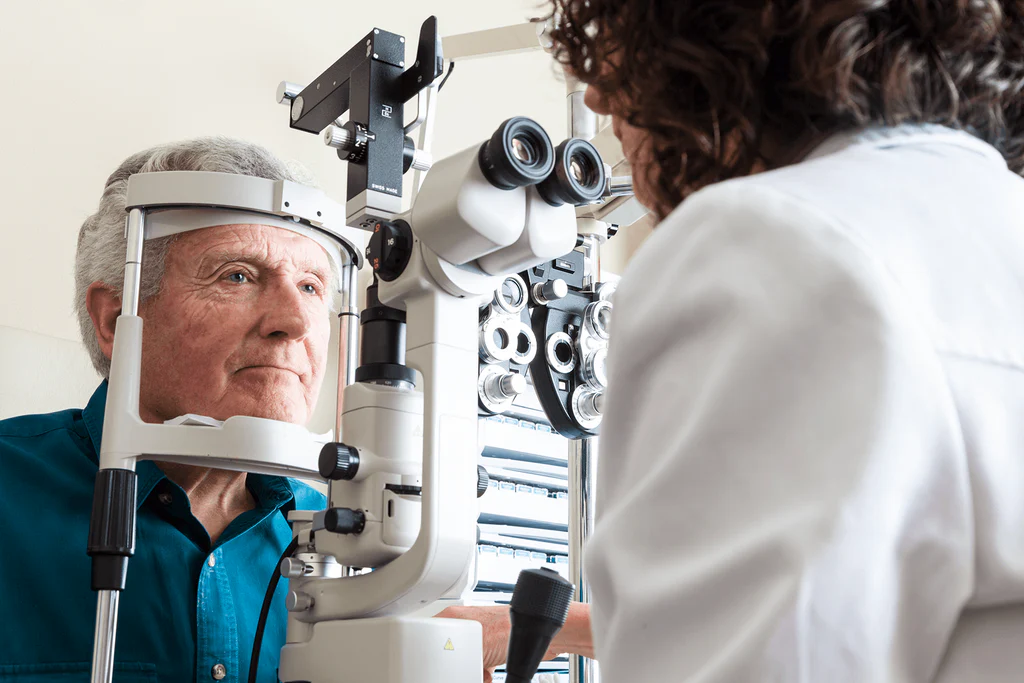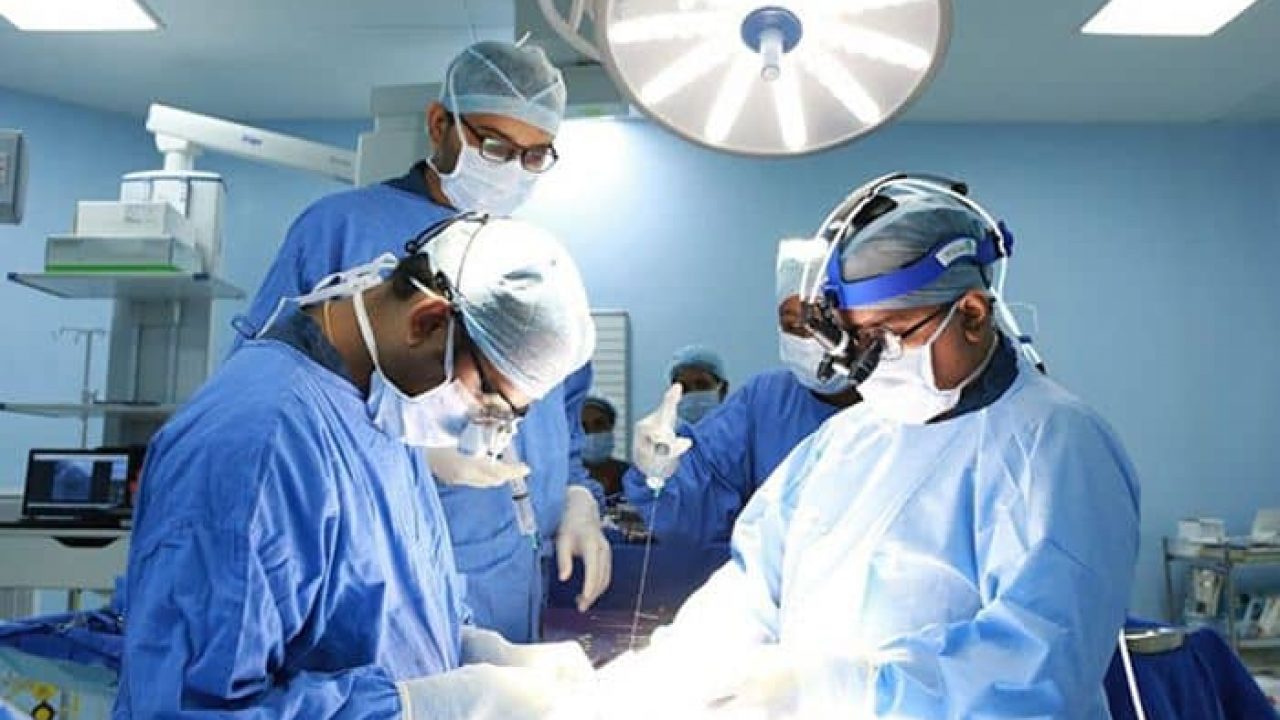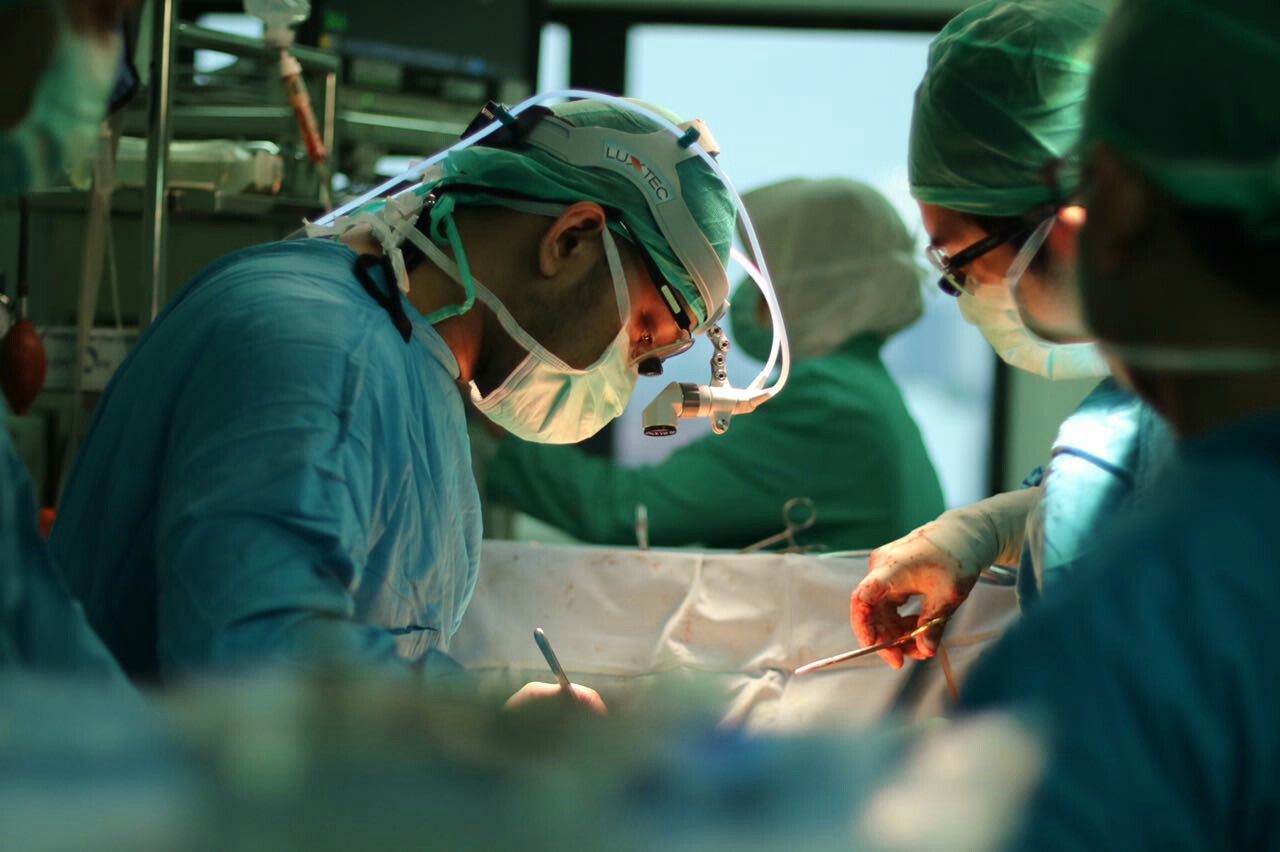Neurosciences
Neuroscience is a multidisciplinary field of study that explores the structure, function, development, and disorders of the nervous system, including the brain, spinal cord, and peripheral nerves. It encompasses a wide range of scientific disciplines, including biology, psychology, chemistry, physics, and computer science, with the overarching goal of understanding how the brain and nervous system generate behavior, cognition, emotions, and consciousness.
Neuroscientists employ various research methodologies and techniques, including neuroimaging, electrophysiology, molecular biology, genetics, and computational modeling, to investigate the complex mechanisms underlying neural function and dysfunction. Their research efforts contribute to advancements in our understanding of fundamental processes such as synaptic transmission, neural plasticity, neurodevelopment, learning, memory, and decision-making, as well as the mechanisms underlying neurological and psychiatric disorders.
The insights gained from neuroscience research have far-reaching implications for human health and well-being, informing the development of novel treatments and interventions for neurological and psychiatric conditions. Neuroscientists collaborate with clinicians, healthcare professionals, and policymakers to translate scientific discoveries into clinical practice, improving diagnosis, treatment, and management of neurological disorders such as Alzheimer's disease, Parkinson's disease, epilepsy, stroke, multiple sclerosis, and psychiatric disorders including depression, schizophrenia, and autism spectrum disorders.


































